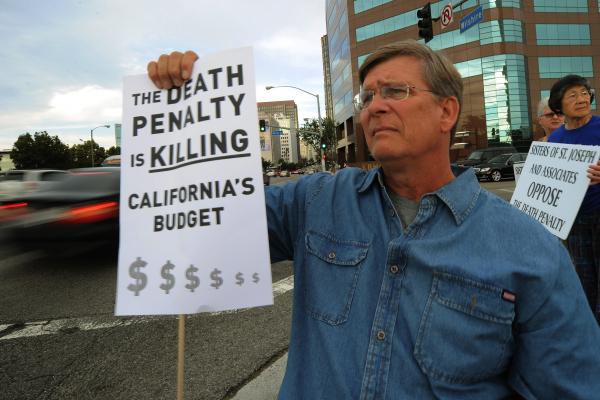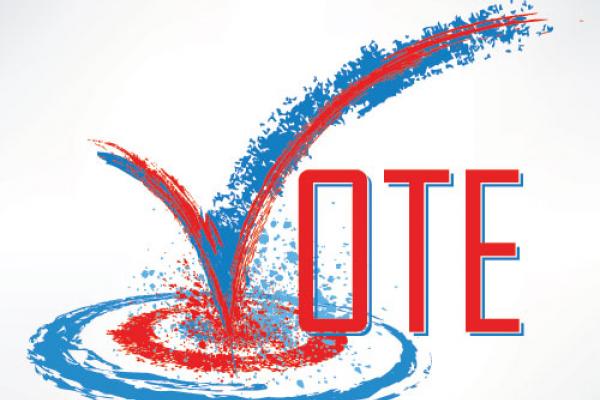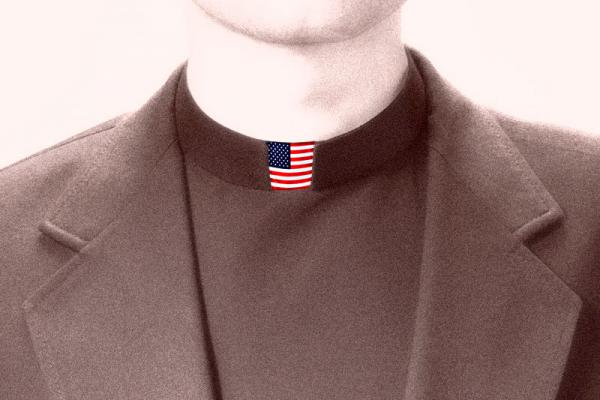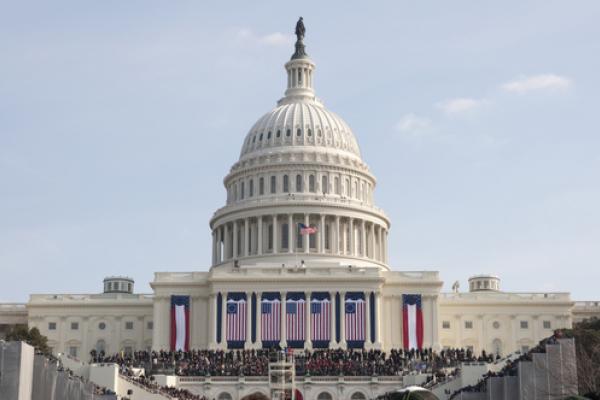A new Mumford video, a giant Gollum statue in an airport, a man taking a robot leg to the 103rd flor, a bunch of moleskine planners, and people riding slip n' slides into kiddie pools. Happy Monday!
October was Interfaith Month for Prop 34, a time set aside for leaders of faith traditions to address the question of California’s death penalty and advocate for its replacement. Hundreds of faith community’s have endorsed Proposition 34 because we believe the best way to do justice in California is to replace the death penalty with life in prison with no possibility of parole.
The will to see justice done is deep within the human spirit. We may not always agree on what “justice” looks like, but the belief in a just and fair society — and the desire to bring it about — are at the heart of how we live together and form a community. In religious traditions like Christianity, Islam, Judaism, and countless others, doing justice is a calling to enact God’s will.
The next question is, of course, what does that mean? Discerning justice can be even harder than doing justice.
Tuesday, Nov. 6, is Election Day. As we’ve seen these past months, in a closely divided country, elections bring out the worst in us. Hundreds of millions of dollars in negative advertising, families and churches divided, each side convinced that a victory by the other side will be disastrous for the country.
It is clear that Christians will vote in different ways — some for Barack Obama, some for Mitt Romney, some for another candidate, and some will not vote. But Tuesday evening, Christians in more than 800 congregations will be gathering together for communion, regardless of party, political affiliation, or denomination.
The Election Day Communion campaign is the vision of several pastors to build unity in Christ in the midst of theological, political, and denominational differences. In sharing communion together, the Campaign says, Christians can reaffirm our allegiance to Christ and remember some basic truths.
SALT LAKE CITY — As Americans cast their ballots and the clock ticks toward midnight in Mitt Romney’s quest for the White House, this much is clear: Americans didn’t know much about Romney's Mormon faith when this “Mormon moment” began.
Now, thousands of headlines, dozens of TV newscasts, and one Tony-winning Broadway musical later, Americans still don’t know much about Latter-day Saints and their beliefs.
But they know more. All those stories educated millions of observant Americans about The Church of Jesus Christ of Latter-day Saints. Still, some “understandings” remain misunderstandings — and many views of the religion are still skewed, exaggerated or flat-out wrong.
Here are 12 persistent myths about Mormonism.
Next week I will vote for the first time in a presidential election. I became a naturalized U.S. citizen two years ago, giving up my Korean passport, my (not)green card, and pledging allegiance after having lived in the U.S. since the spring of 1971.
I actually studied for my citizenship exam out of fear and habit – fear that the wrong answer would mean restarting a process that had cost money, time, and emotions, and habit because I grew understanding not studying was not an option. The process actually took years for me, wrestling through ambivalence, frustration, grief, and gain to get to a point where the privileges, advantages, and necessities of becoming a citizen and my faith as a Christian pushed me over the edge.
There’s a lot at stake here. By trying to turn the Jewish poetry of the Genesis story into a scientific-historical text that would stand against evolution, Creationism, as an ideology, serves to diminish the account of human dignity established in the Creation story that might, in fact, represent a worthy alternative to Darwinism. Says [Marilynne] Robinson: “People who insist that the sacredness of Scripture depends on belief in creation in a literal six days seem never to insist on a literal reading of ‘to him who asks, give,’ or ‘sell what you have and give the money to the poor.’ In fact, their politics and economics align themselves quite precisely with those of their adversaries, who yearn to disburden themselves of the weak, and to unshackle the great creative forces of competition. The defenders of ‘religion’ have made religion seem foolish while rendering it mute in the face of a prolonged and highly effective assault on the poor.”
During the 2004 presidential election season, Sojourners put out a bumper sticker with these words: “God Is Not a Republican, or a Democrat.” The number of orders was overwhelming and we kept running out. The simple message struck a chord among many Christians who were tired of the assumptions and claims by the Religious Right that God was indeed a Republican, or at least voted a straight-party ticket for the GOP. They also absurdly implied — and sometimes explicitly stated — that faithful Christians couldn’t support Democratic candidates. We said that voting was always an imperfect choice in a fallen world, based on prudential judgments about how to best vote our values, that people of faith would always vote in different ways — and that was a good thing for a democracy and the common good.
Our efforts appeared to inject some common sense into our nation’s political discourse, but given recent electoral statements and newspaper ads from some conservative Christian leaders, it appears the message bears repeating — God is still not a Republican or Democrat.
If I had to translate her words into Navajo, I would say “ádin.” Ádin means nothing, none, zero.
I couldn't believe my ears. I was visiting Iowa in the first week of January during an election year. Presidential candidates were crisscrossing the state — kissing babies, shaking hands, and pleading for the vote of everyone they met. Campaign events were taking place in high school gymnasiums, community centers, and local businesses throughout the state. Many of the people I met had personal stories of meeting one of the candidates, shaking their hands, and talking about their issues. There are 99 counties in the state of Iowa, and a few of the candidates were taking the time to stop and hold campaign events in each and every one of them. But there I was, just a day before the caucuses, standing in the community center and tribal offices of the Meskwaki Settlement near Tama, Iowa, with the tribe’s executive director telling me that not a single presidential candidate had held a campaign event in their community.
I shouldn't have been surprised. After all I live on the Navajo Reservation. Our reserve is nearly 26,000 square miles with about 300,000 enrolled tribal members, and I cannot recall in my lifetime a presidential candidate visiting our reservation and campaigning directly to our people.





